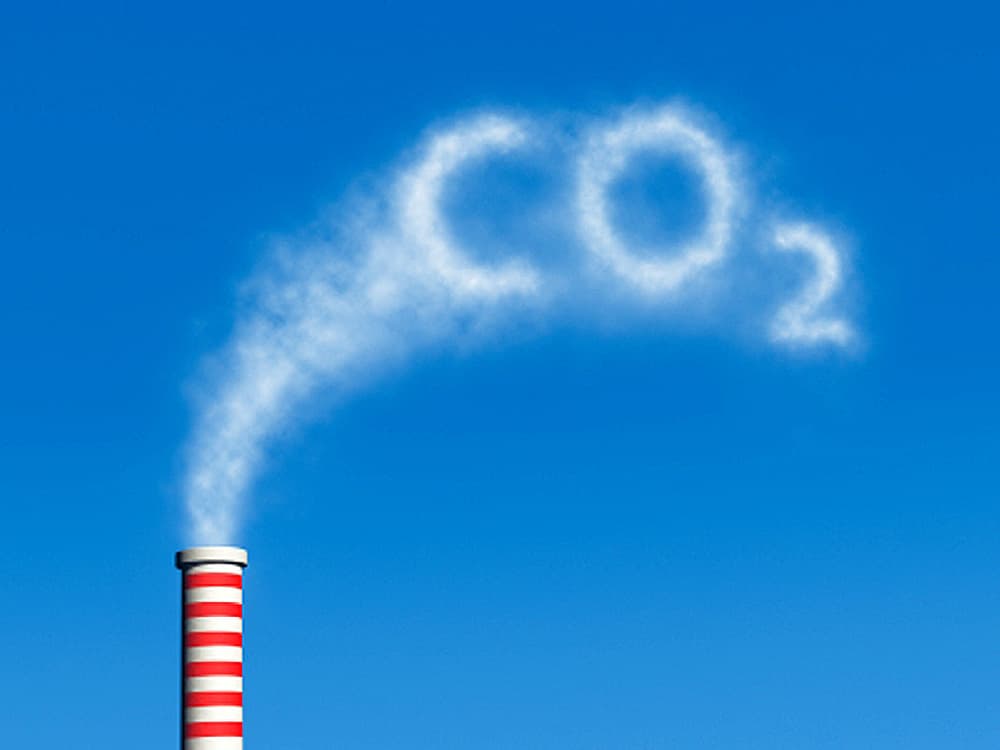
Study: Government Entities Less Likely To Meet Environmental Regulations
Study: Government Entities Less Likely To Meet Environmental Regulations. Government entities are less likely to comply with certain federal environmental regulations than are similar entities owned by private companies, according to a new study co-authored by an Indiana University researcher.
And regulatory authorities are less vigorous in enforcing the rules when they are regulating other governments, the study finds. Publicly owned facilities are less likely to face fines or other sanctions for violations than are those owned and run by private firms.
“We find pretty good evidence for power plants, hospitals and water utilities that government-owned facilities are more likely to violate standards than are their private-sector counterparts,” said David Konisky of the School of Public and Environmental Affairs at IU Bloomington, a co-author of the study. “And when they do violate, the government is less likely to come down hard on them.”Study: Government Entities Less Likely To Meet Environmental Regulations
The study, “When Governments Regulate Governments,” was published by the American Journal of Political Science and is available online. Konisky is an associate professor at SPEA. His co-author is Manny Teodoro, associate professor of political science at Texas A&M University.
Konisky cautioned against leaping to simplistic conclusions from the study. While some observers may suggest the findings present an argument for privatizing regulated services, he said, privatization can lead to other issues, such as a loss of accountability and over-spending for infrastructure.
Privatization “could be a solution, but it has to be put in context,” he said. “Importantly, it’s not the only solution.” Other approaches could include providing stronger incentives and assistance to help public agencies comply with regulations.
For the study, Konisky and Teodoro examined records from 2000 to 2011 for power plants and hospitals regulated under the Clean Air Act and from 2010 to 2013 for water utilities regulated under the Safe Drinking Water Act. The study included over 3,000 power plants, over 1,000 hospitals and over 4,200 water utilities — some privately owned and others owned by public agencies.
— For power plants and hospitals, public facilities were on average 9 percent more likely to be out of compliance with Clean Air Act regulations and 20 percent more likely to have committed high-priority violations.
— For water utilities, public facilities had on average 14 percent more Safe Drinking Water Act health violations and were 29 percent more likely to commit monitoring violations.
— Public power plants and hospitals that violated the Clean Air Act were 1 percent less likely than private-sector violators to receive a punitive sanction and 20 percent less likely to be fined.
— Public water utilities that violated Safe Drinking Water Act standards were 3 percent less likely than investor-owned utilities to receive formal enforcement actions.
Konisky said the findings are significant but not surprising. Government entities have higher costs of complying with regulations because they often must go through political processes to raise the money needed to improve their facilities. And they may face pushback from customers or taxpayers who object to higher rates and have the political power to block them.
Public entities also face lower costs for violating the regulations, the authors argue. There is evidence from other studies that they are able to delay or avoid paying fines when penalties are assessed. And officials with regulatory agencies may be sympathetic to violations by public entities, because they understand the difficulty of securing resources in the public sector.
Konisky said future research on the topic could include interviews with representatives of the regulatory and regulated communities as well as studies focusing on other environmental programs, such as the length of time required to clean up public and private sites under the federal Superfund law.
“We also hope the idea of government regulating government will spark interest for research in other domains,” he said. “We’re investigating the environmental dimensions of the issue, but if other scholars want to pick up these ideas and investigate them in other spaces, that would be great.”
—












